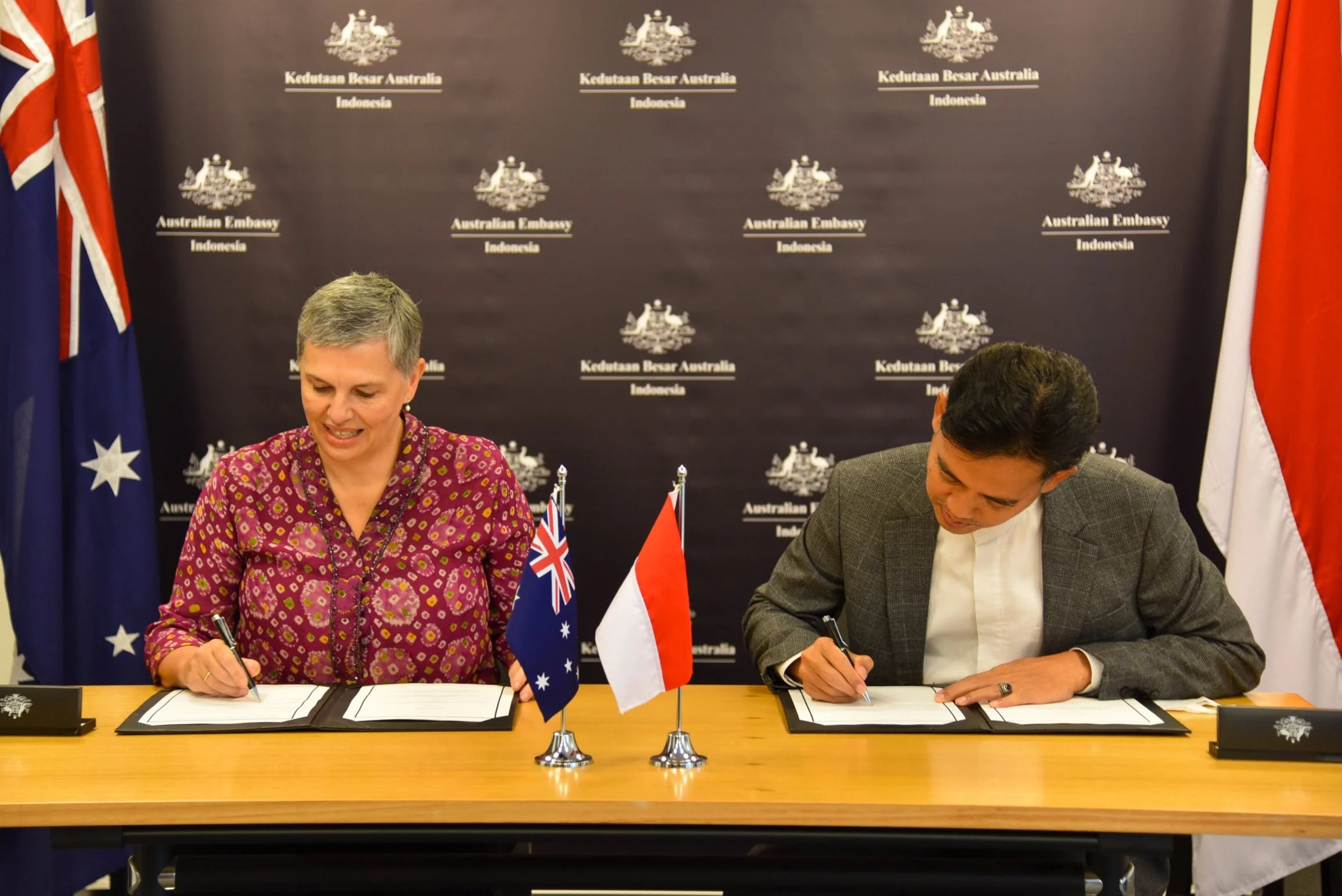Written by Jemima Holborow
Without CBRs, Pacific Islands face reduced financial inclusion and slower development. For the US, it risks pushing the region toward central bank digital currencies and de-dollarisation; a trend that could weaken US financial influence.
Read More
















